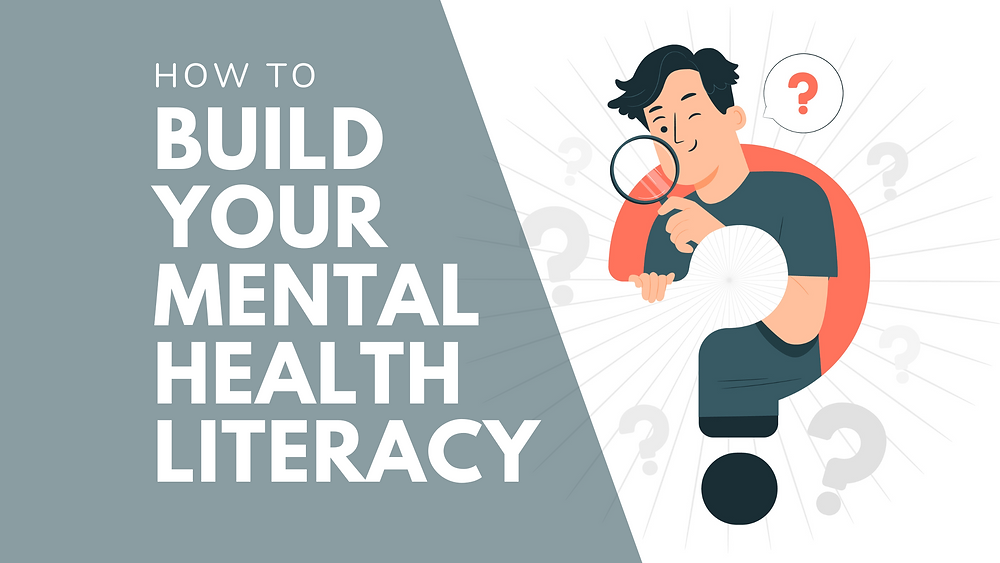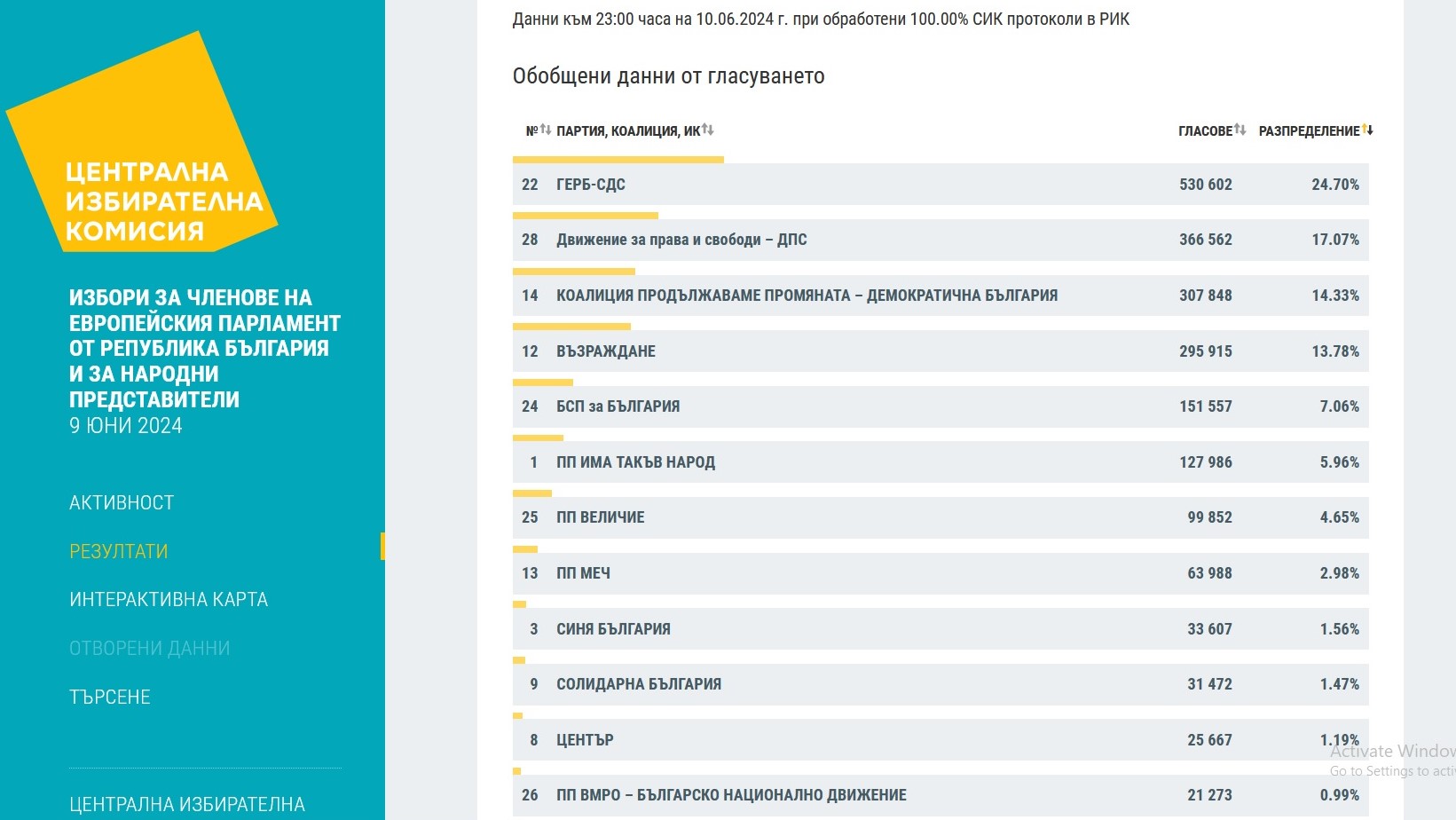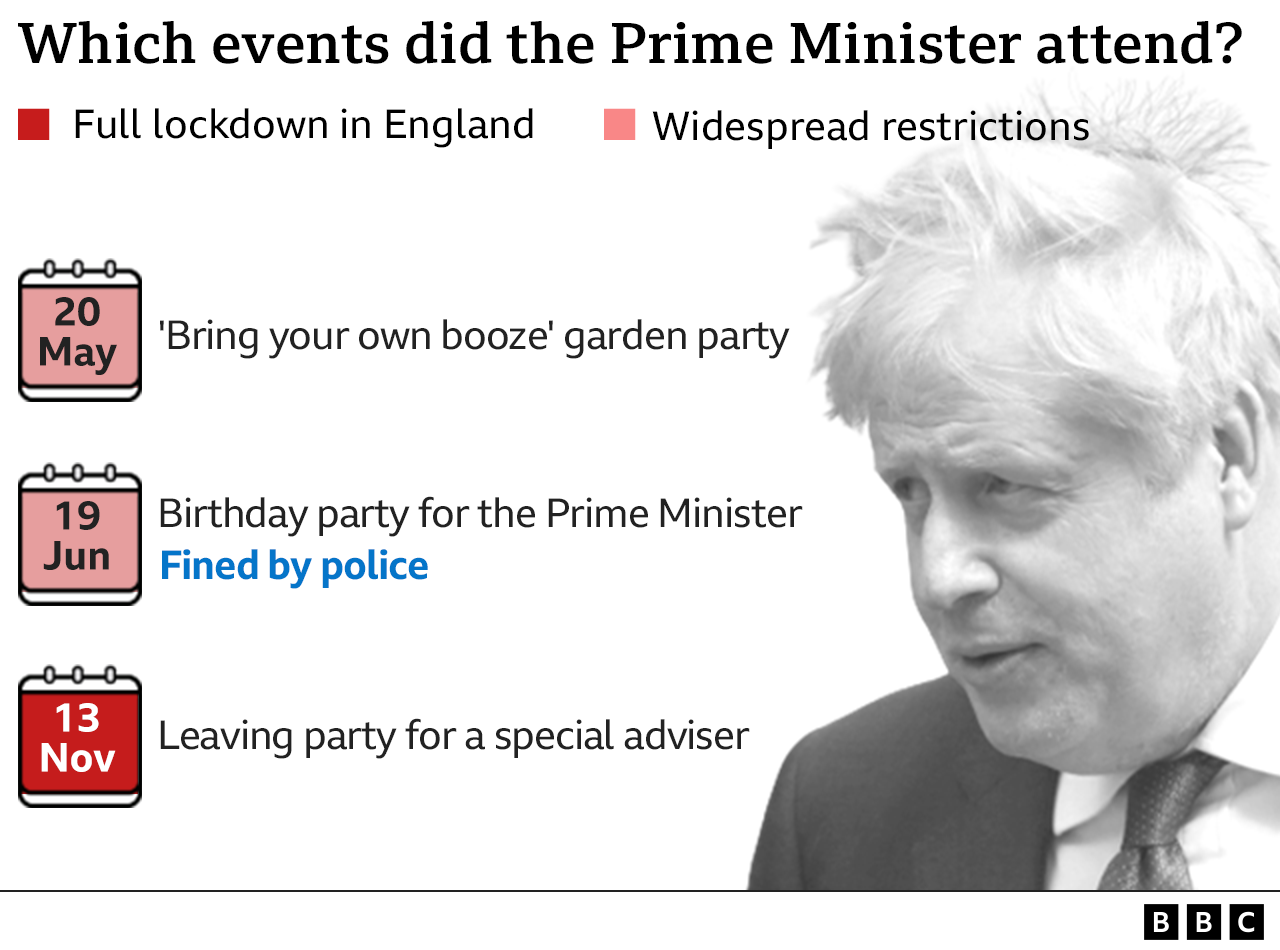Improving Mental Health Literacy Through Education

Table of Contents
The World Health Organization estimates that one in four people will experience a mental health condition in their lifetime. This staggering statistic underscores the urgent need to improve mental health literacy globally. Poor mental health literacy—the understanding of mental health conditions and their treatments—contributes to stigma, delayed help-seeking, and poorer treatment outcomes. This article explores how education can significantly improve mental health literacy, leading to a more supportive and understanding society. We'll examine current challenges, effective educational strategies, and the crucial role of technology in building a brighter future for mental wellbeing.
H2: The Current State of Mental Health Literacy
The current global landscape reveals significant gaps in mental health literacy. Across diverse populations, awareness and understanding of mental health conditions remain alarmingly low. This lack of knowledge fuels misconceptions, perpetuates stigma, and hinders individuals from seeking help when they need it most.
- Statistics on low mental health literacy rates across different demographics: Studies consistently show low rates of mental health literacy across age groups, socioeconomic strata, and geographic locations. For example, research indicates that only a small percentage of the general population can accurately identify the symptoms of common mental illnesses like depression and anxiety. These disparities are even more pronounced in marginalized communities.
- Examples of common misconceptions and stigma surrounding mental illness: Common misconceptions include the belief that mental illness is a sign of weakness, that people with mental health conditions are dangerous, or that mental illnesses are incurable. This stigma prevents individuals from seeking professional help, openly discussing their experiences, and accessing necessary support.
- The impact of poor mental health literacy on help-seeking behavior and treatment outcomes: Fear of stigma and lack of understanding often lead to delayed help-seeking, resulting in prolonged suffering and poorer treatment outcomes. Early intervention is crucial for many mental health conditions, and poor mental health literacy directly undermines this critical aspect of care.
H2: Educational Strategies to Enhance Mental Health Literacy
Improving mental health literacy requires a multi-faceted approach, employing various educational strategies tailored to different age groups and settings. This includes integrating mental health education into existing curricula, launching community awareness campaigns, and leveraging the power of technology.
- School-based programs: Comprehensive school-based programs are vital for early intervention and prevention. These programs can include age-appropriate curriculum integration, interactive workshops, and peer support groups. Successful examples include programs that teach students about stress management, emotional regulation, and healthy coping mechanisms.
- Community education: Public awareness campaigns targeting adults, utilizing diverse media platforms, and offering easily accessible community workshops are critical. Materials must be culturally sensitive, inclusive, and use plain language to avoid jargon. Public service announcements, social media campaigns, and community events can effectively raise awareness.
- Workplace training: Mental health awareness training in the workplace creates supportive environments where employees feel comfortable seeking help. This training can focus on identifying warning signs, promoting self-care, and fostering a culture of empathy and understanding. The benefits extend to both employees (improved wellbeing and productivity) and employers (reduced absenteeism and improved workplace morale).
- Online learning resources: The internet offers incredible potential for disseminating information on mental health. Interactive online modules, webinars, educational videos, and readily available online resources make information accessible to a broad audience regardless of location or socioeconomic status.
H3: Incorporating Mental Health into Existing Curricula
Seamless integration of mental health education into existing school and workplace curricula is essential. This requires careful planning and collaboration.
- Age-appropriate curriculum development for different educational levels: Mental health education must be tailored to the developmental stage of the learner. Young children need simple, relatable information, while older students can delve deeper into the complexities of mental illness.
- Teacher training and professional development on mental health education: Educators need adequate training to confidently deliver mental health education. This training should provide them with the knowledge and skills to address sensitive topics effectively and sensitively.
- Integration with existing health and social studies classes: Mental health education can be naturally incorporated into existing subjects such as health, social studies, and even language arts, creating opportunities for holistic learning.
H2: The Role of Technology in Improving Mental Health Literacy
Technology significantly expands the reach and impact of mental health education.
- Development of interactive online modules and apps: Interactive online resources can provide engaging and effective mental health education. These can include gamified learning, simulations, and personalized learning pathways.
- Use of social media for awareness campaigns and dissemination of information: Social media platforms offer powerful tools for raising awareness and sharing vital information about mental health. Targeted campaigns can reach specific demographics and overcome geographical barriers.
- Telehealth and online mental health support services: Telehealth expands access to mental health services, especially in remote areas or for individuals with mobility challenges. Online support groups and forums provide a sense of community and shared experience.
- Utilizing virtual reality (VR) and augmented reality (AR) for immersive learning experiences: Immersive technologies can offer powerful simulations of real-world scenarios, allowing learners to experience and understand mental health challenges in a safe and controlled environment.
H2: Measuring the Effectiveness of Mental Health Literacy Initiatives
Measuring the success of mental health literacy programs is crucial to ensure their impact.
- Pre- and post-intervention assessments to measure changes in knowledge and attitudes: Pre- and post-tests can track changes in knowledge, attitudes, and beliefs related to mental health.
- Qualitative data collection through focus groups and interviews: Qualitative data provides valuable insights into participants' experiences and perspectives.
- Tracking help-seeking behaviors and treatment outcomes: Monitoring help-seeking behaviors and treatment outcomes can assess the program’s impact on real-world behaviors.
Conclusion:
Improving mental health literacy through education is not just important; it's essential for creating a healthier and more compassionate society. By employing diverse educational strategies, leveraging technology, and rigorously evaluating programs, we can make significant strides in reducing stigma, promoting help-seeking, and improving mental health outcomes. We must prioritize integrating mental health education into all aspects of life, from schools and workplaces to community settings. Invest in your community’s mental health literacy today. Let’s work together to improve mental health literacy for a healthier tomorrow. Help us build a future where everyone feels supported and empowered to seek help for their mental wellbeing.

Featured Posts
-
 Christina Aguileras New Photoshoot Is It Too Much Photoshop
May 02, 2025
Christina Aguileras New Photoshoot Is It Too Much Photoshop
May 02, 2025 -
 Fortnites Future Assessing The Impact Of Game Mode Closures
May 02, 2025
Fortnites Future Assessing The Impact Of Game Mode Closures
May 02, 2025 -
 Doctors Warning The Food Killing You Faster Than Smoking
May 02, 2025
Doctors Warning The Food Killing You Faster Than Smoking
May 02, 2025 -
 Scotland In The Six Nations 2025 A Realistic Assessment Of Their Capabilities
May 02, 2025
Scotland In The Six Nations 2025 A Realistic Assessment Of Their Capabilities
May 02, 2025 -
 The Truth About Daisy May Coopers Weight Loss And Lip Fillers
May 02, 2025
The Truth About Daisy May Coopers Weight Loss And Lip Fillers
May 02, 2025
Latest Posts
-
 The Tory Partys Plea A Boris Johnson Return
May 03, 2025
The Tory Partys Plea A Boris Johnson Return
May 03, 2025 -
 Will Boris Johnson Save The Tories Exploring A Potential Return
May 03, 2025
Will Boris Johnson Save The Tories Exploring A Potential Return
May 03, 2025 -
 Lakazet Rekorden Broy Golove I Bitkata Za Vtoroto Myasto Vv Frantsiya
May 03, 2025
Lakazet Rekorden Broy Golove I Bitkata Za Vtoroto Myasto Vv Frantsiya
May 03, 2025 -
 Could Boris Johnson Stage A Political Comeback
May 03, 2025
Could Boris Johnson Stage A Political Comeback
May 03, 2025 -
 157 Iyat Gol Na Lakazet Rekord I Ambitsii Za Lion
May 03, 2025
157 Iyat Gol Na Lakazet Rekord I Ambitsii Za Lion
May 03, 2025
